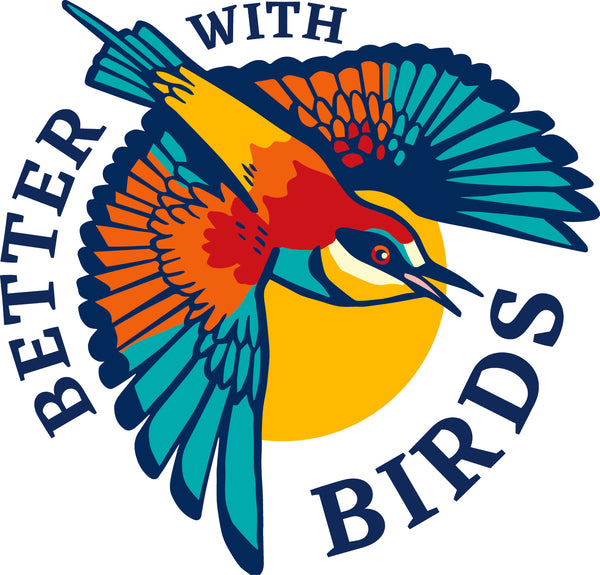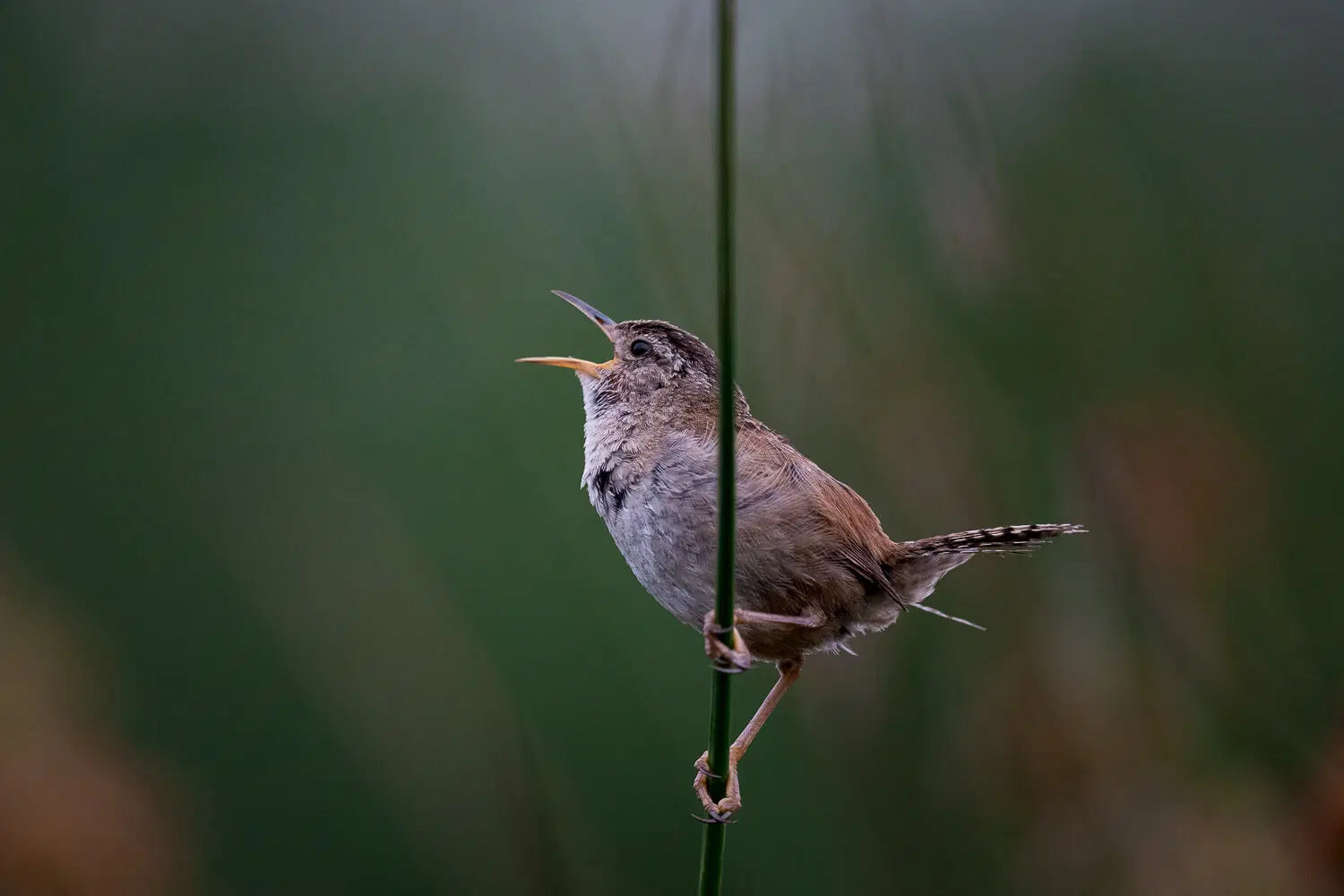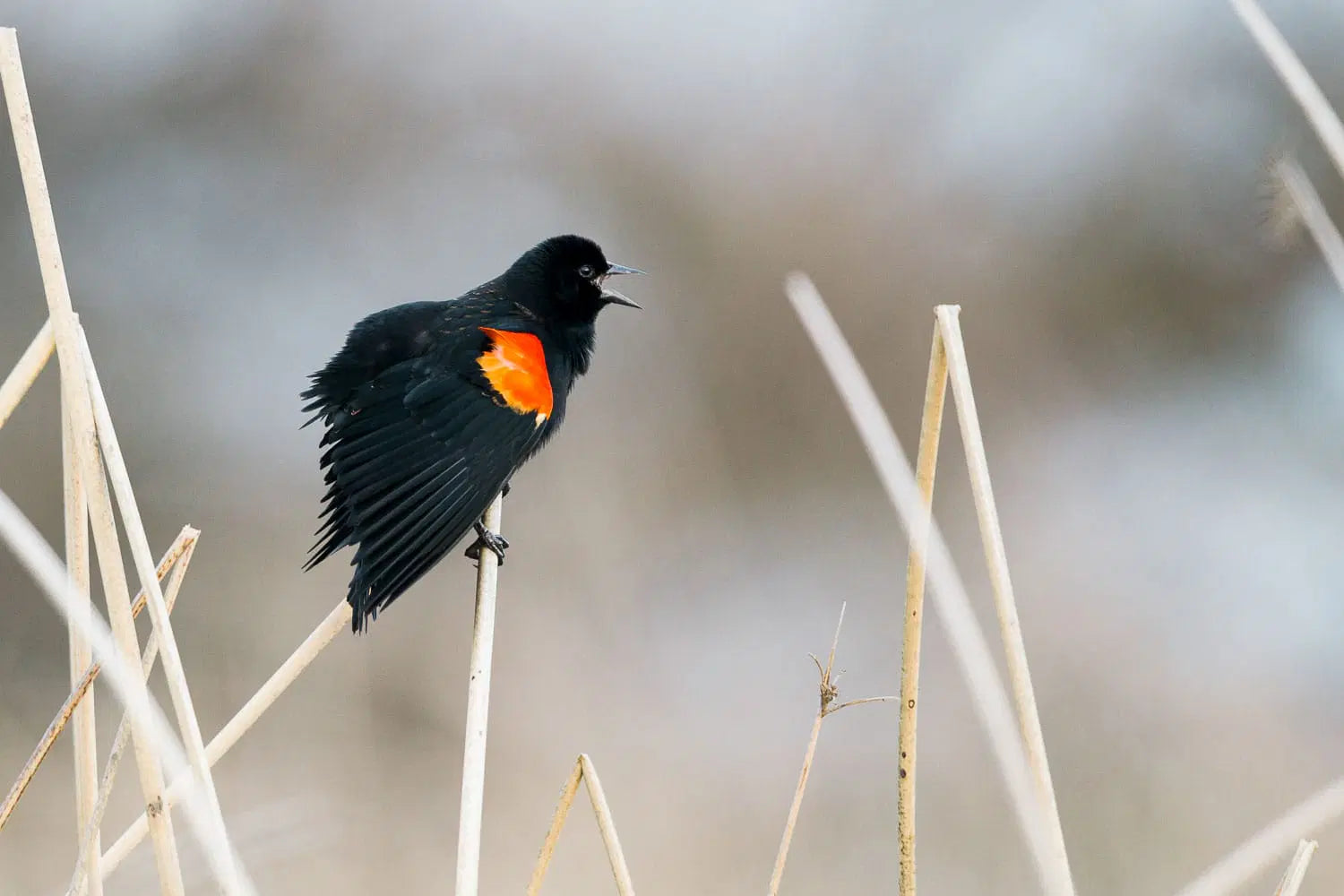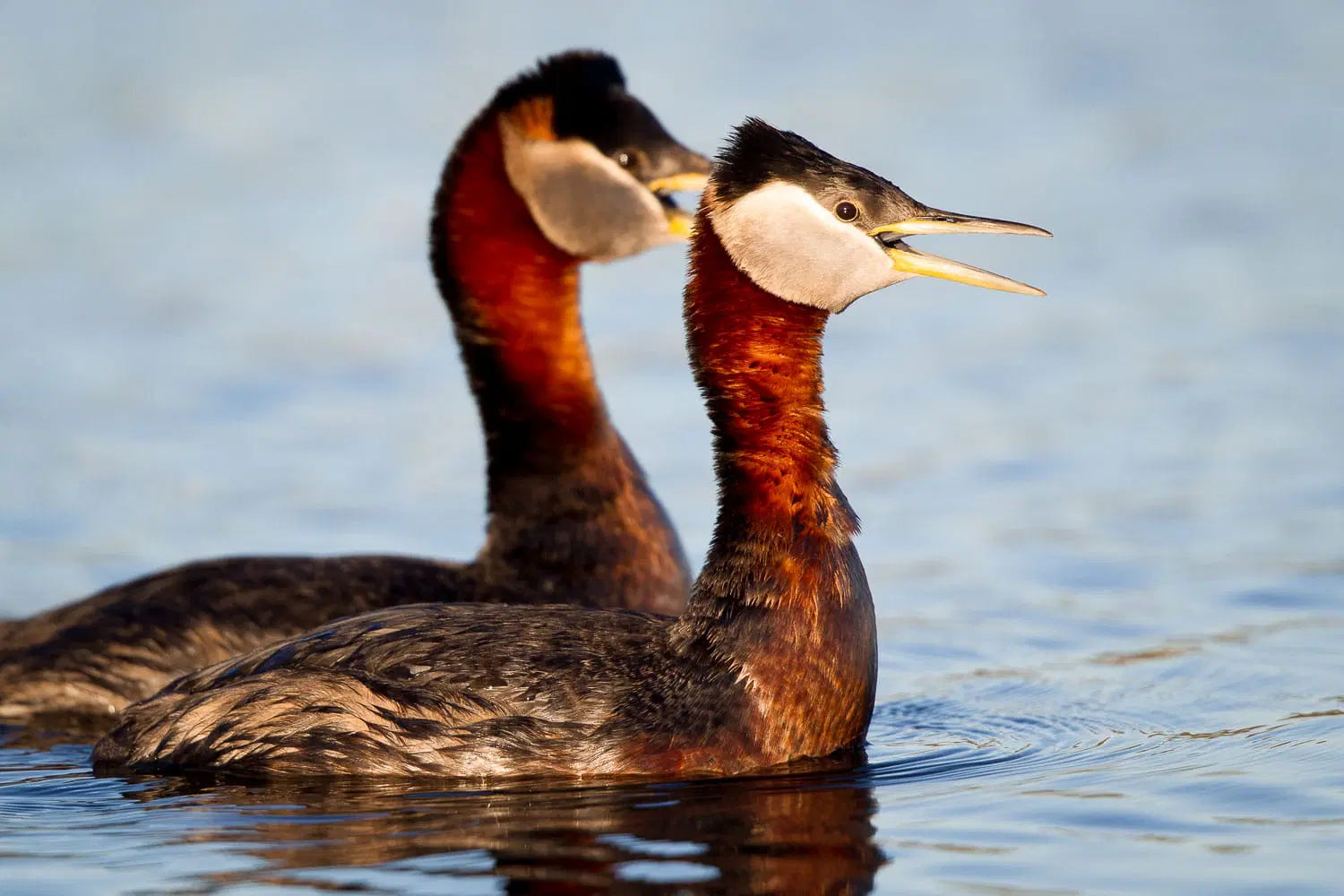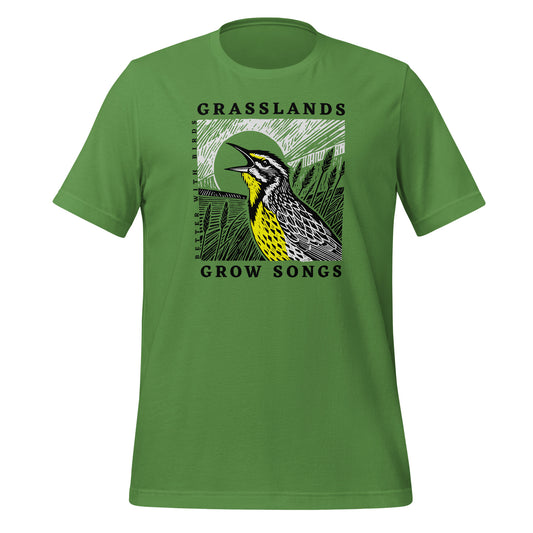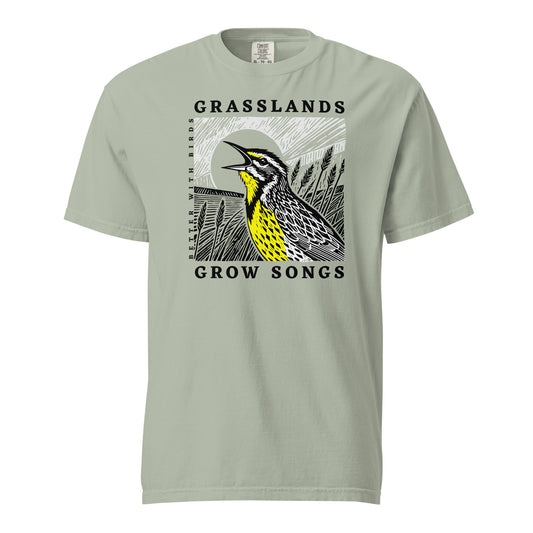This post contains affiliate links. If you use these links to buy something, we may earn a commission at no additional cost to you. We only recommend products we fully support or use ourselves. Our full disclaimer
If you’ve ever cracked open a window at sunrise and wondered if the neighborhood birds are hosting a full-blown concert - know that you're not the only one who’s lived this experience. There’s even a name for it - that early-morning symphony is called the dawn chorus.
And while it can certainly be annoying if it’s 5am in Spring and just woke you from a dream where you’re married to John Stamos or Megan Fox - it’s not just random noise. It’s a carefully timed, beautifully chaotic medley of territorial claims, romantic gestures, and low-key trash talk (probably).
Most songbirds start singing about 30 to 90 minutes before sunrise. One by one, the voices layer on, turning your sleepy street or backyard into a soundscape that could give any ambient playlist a run for its money.



